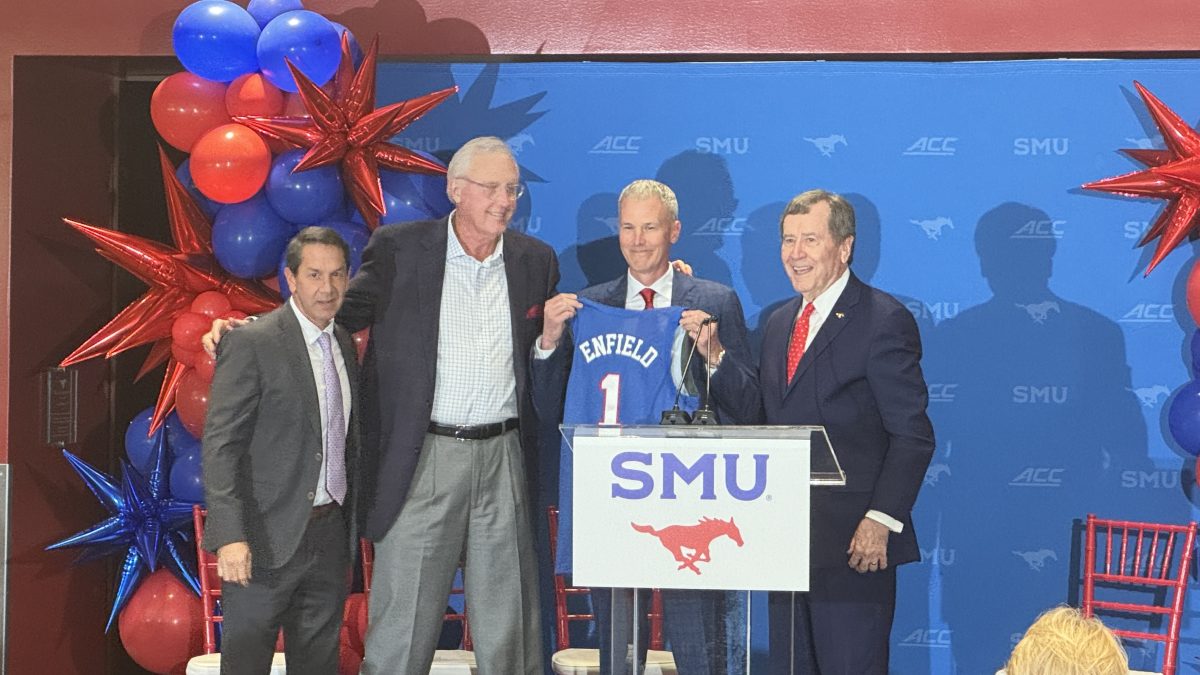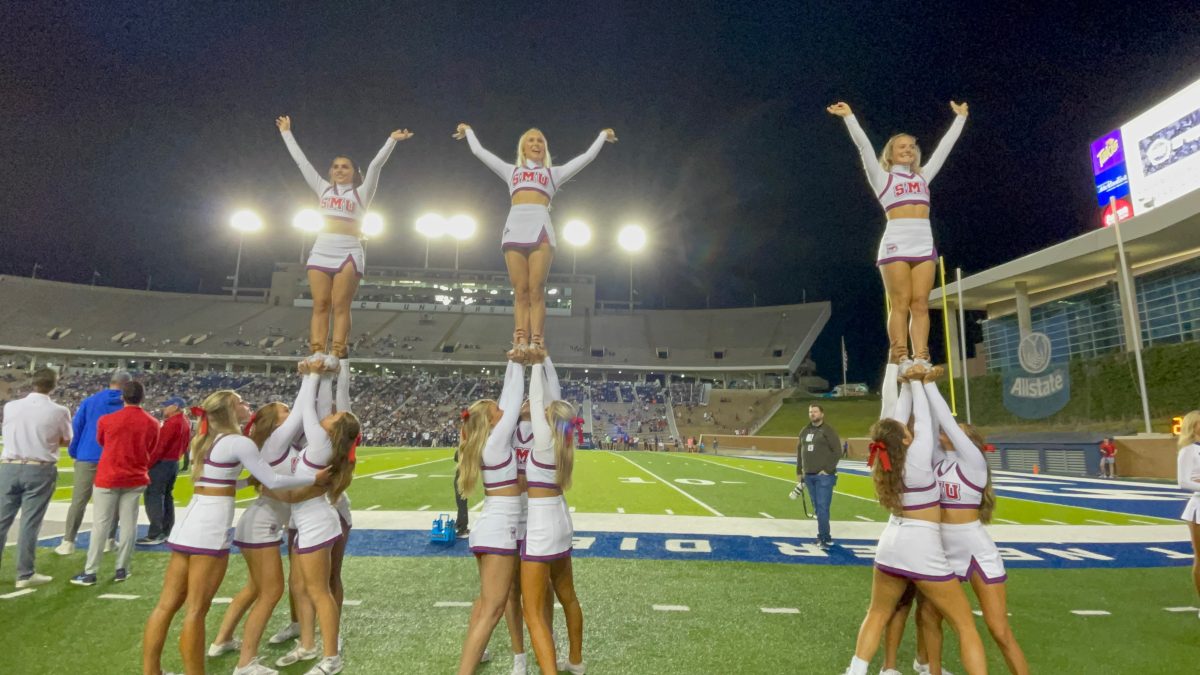College football has undergone some serious changes as of late, trying to get with the times and remove any unnecessary injuries from occurring on the field.
In making some of these adjustments however, some referees may have too much going through their minds when a call is supposed to be made, and the games suffer because of it.
Take Saturday’s high-profile match up between Alabama and Texas A&M;, when the Crimson Tide’s Ha ha Clinton-Dix was nearly ejected for an illegal targeting penalty against the Aggies’ Darel Walker.
The new rule states that any player “targeting” another player’s head will not only receive a 15-yard personal foul penalty, but also will be immediately ejected from the game.
Fortunately for Alabama, the officials can review the call and overturn it if they see definitive proof that the player in question was not going for a headshot.
Clinton-Dix was allowed to continue playing, but the 15-yard penalty was still enforced, raising the question if the initial call was definitely overturned, why not the penalty too?
Not every game of football will be as widely watched or as important as the game between two top-10 teams on Saturday afternoon, but as conference play looms just around the corner, this serves as a perfect example of why referees need to be held accountable for every call.
Even more egregious than this call was the Wisconsin Badgers game against the Arizona State Sun Devils in Tempe, Arizona on Saturday night.
As time expired, the Badgers were down by two and had just ran a play to set up their field goal unit in perfect position by running their quarterback into the middle of the field.
Instead of quickly spotting the ball and allowing Wisconsin to stop the clock, the official acted with no haste. The clock, along with the Badgers’ chances of a comeback, expired.
All hell was raised against the crew, and the Pac-12 commissioner stated that there will be disciplinary actions taken against them, but the loss will stand.
The number 24 team in the country will almost certainly be out of the race for a national title chase.
These might be extreme samples of how poorly an officiating crew can act under the pressure of monumental games, but they aren’t the only ones to blame for mistakes.
It would not be difficult for the NCAA to adjust the rule of targeting, considering the head referee must review the hit no matter what and can then negate the initial penalty in the first place.
As for the mistake in the Wisconsin game, the last two minutes of a game need to be reviewed for everyone involved, not just the teams on the field.
If a referee blows a critical call near the end of regulation, not too many programs around the country would complain about the time it would take to get it right.
Many problems exist in the realm of regulating games for referees and, just like players, it would make sense to take the thought out of their split-second job.












